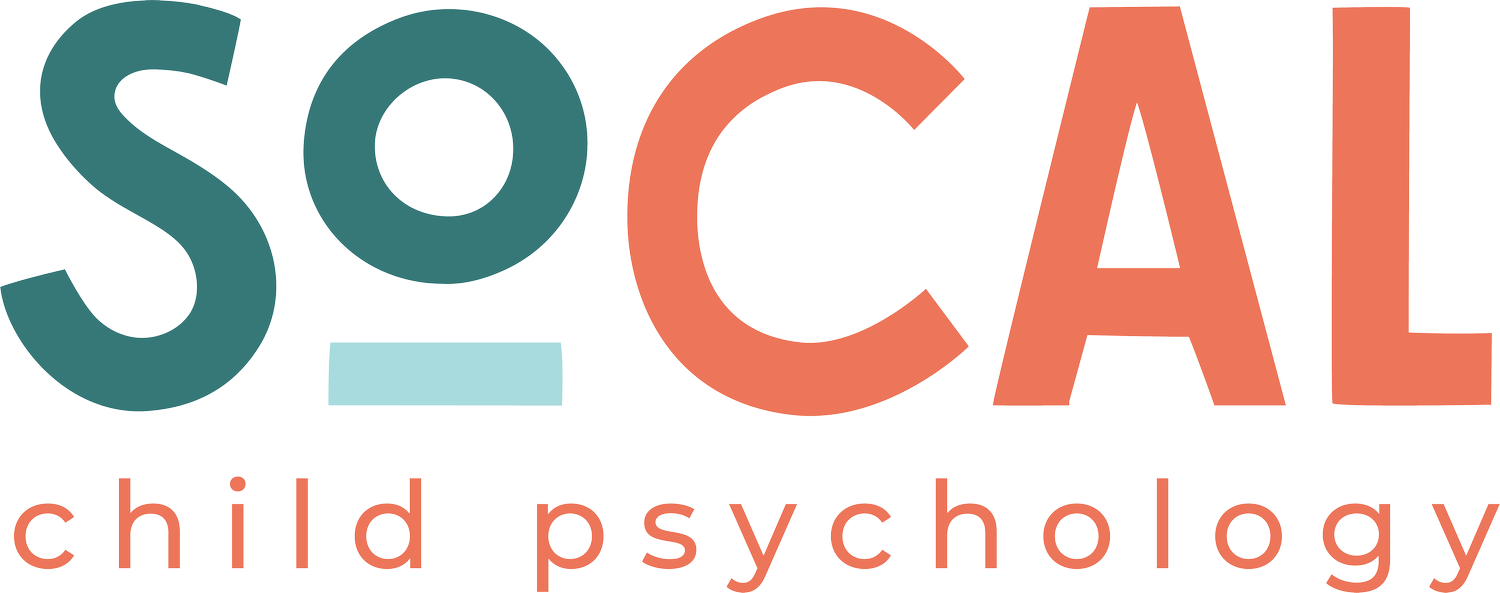Recognizing Social Anxiety in Children and How to Help
It can be difficult to think about your young child struggling with something like social anxiety.
As adults, we assume most kids don’t have any real fears or worries, so far too many children go undiagnosed.
Recognizing some of the signs of anxiety — including social anxiety — can help you become an advocate for your child.
You can offer your help and support, make them more aware of the importance of mental health, and get them the professional help they deserve to overcome social anxiety from an early age.
With that in mind, let’s take a closer look at recognizing social anxiety in children.
If you see any of these signs in your child, we’ll also cover what you can do to help.
We’ll also cover a few strategies you can use to make it happen.
You’ll love watching them grow and blossom as their confidence grows.
What Causes Social Anxiety in Children?
Many factors can contribute to social anxiety, from genetics to life experiences.
Your child’s genes can impact how well they manage stress or how shy they might be.
They might also have role models in their lives who exhibit similar symptoms.
For example:
If you or your partner deal with anxiety or tend to be anxious in social settings, your child might be more likely to struggle with those things, too.
In adults, things like negative relationships or social experiences can contribute to social anxiety.
For children, bullying, teasing, or rejection from peers can cause them to become socially anxious.
Alternately, issues might start at home. Major life changes that cause stress in a child’s life, including divorce or tension in the home can trigger a variety of anxious thoughts.
Children who have experienced abuse, neglect, or any kind of trauma might also start to exhibit signs of social anxiety.
Getting to the root cause of your child’s social anxiety is often the first step toward effectively treating it.
But first, you need to be able to recognize the signs.
What Are the Symptoms of Social Anxiety in Kids?
Children with social anxiety exhibit many of the same signs and symptoms as adults.
They might feel self-conscious or anxious about meeting people or being in a social setting.
They also might fidget, speak quietly, or avoid eye contact with others in social situations.
Kids also might act out a bit differently than adults.
Social anxiety can manifest itself through behavioral issues, including tantrums.
Physically, social anxiety can contribute to things like head and muscle aches, nausea, shaking, and sweating.
You might also notice that your child relies on you for almost everything in social situations.
They might cling to you or hide behind you so they don’t have to face people directly.
They might also expect you to speak “for” them so they don’t have to interact with others.
While it’s good that your child feels safe and secure with you, that kind of behavior should be seen as a red flag.
What Can You Do?
Don’t hesitate to educate yourself as much as possible on social anxiety in children.
Do your research, of course, but also ask your child how they’re feeling. Let them know those feelings are valid, and consider asking them where they come from or when they feel the worst.
Don’t establish unrealistic social expectations for your child. Rather, encourage them to interact with others slowly.
Taking baby steps and celebrating small wins can help them become more confident.
Most importantly, consider reaching out to a professional for help.
At SoCal Child Psychology, we understand how scary it can be, as a parent, to see your child dealing with this kind of fear and uncertainty.
Together, we’ll get to the bottom of the issue and help your child develop strategies that can help them overcome their social anxiety now — and for good.


